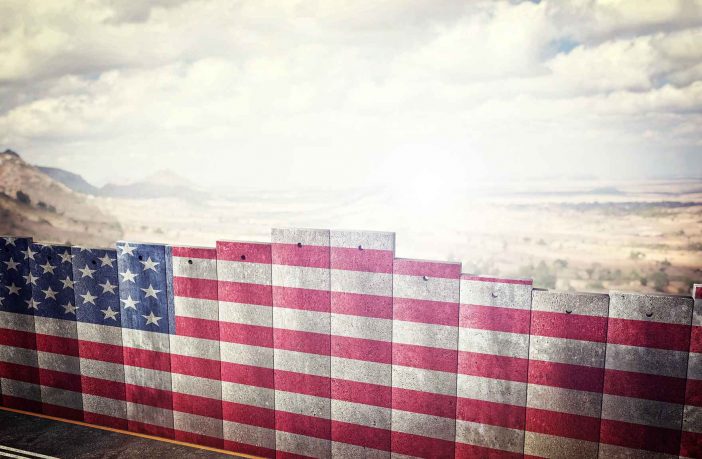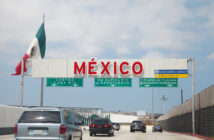When Donald Trump called for enhanced border security in 2015—including immigration restrictions and a construction of a border barrier—many countries worldwide responded with immediate outrage and criticism. But as the Coronavirus (COVID-19) outbreak continues to expand and worsen, many of these same countries have reversed course and have implemented immigration restrictions themselves.
The moves by these countries are ironic, to say the least, and reveal how a global pandemic has finally brought them to recognize the importance of sovereignty and borders. Below are a few examples of immigration policy controls that have gone into effect around the world in the past weeks:
Mexico:
While Mexican officials improved their interior immigration enforcement and border security along the Mexican-Guatemalan border this year, officials are reportedly ramping up the country’s border security one step further. Reports indicate that Mexico is considering shutting down its northern border with the United States to prevent Americans from entering the country. Mexico’s health minister called the U.S. a “danger” to Mexicans, adding that “for both countries, it doesn’t benefit us to have completely open borders.”
Canada:
Canadian authorities placed new border restrictions on all non-citizens or non-permanent residents from entering its country. Canadian Prime Minister Justin Trudeau fully backed the move, stating that “it is time to take every precaution to keep people safe.” The action is a far contrast from the Prime Minister’s 2017 comments where he said, “to those fleeing persecution, terror & war, Canadians will welcome you, regardless of your faith. Diversity is our strength.”
European Union:
The EU is proposing a non-essential travel ban to the region for 30 days. The move comes despite the union having a reputation for lax immigration policies and free travel among member countries. Many of its member countries, especially Italy, have fallen to Coronavirus and have realized that having control over who enters their countries is a matter of vital national security, including public health.
Guatemala;
The Guatemalan government recently placed travel restrictions on the United States and Canada, banning all arrivals from the two countries. This move is in addition to the country’s widespread ban of citizens from European countries, China, Iran, South Korea and North Korea. When the United States’ border security negatively affects Guatemalans, there is significant outrage and opposition. However, there is little to no opposition towards Guatemala’s government when it introduces policies to enhance its border security.
This is a small sample size of the dozens of countries adding travel and immigration restrictions worldwide. While these changes may only be temporary and result from a disease outbreak, it reveals that countries value their sovereignty and understand that border security is essential to protecting many public interests, including health. Citizens should ultimately be the priority of elected leaders and without enforced laws, order, and effective immigration screening, a country can spiral out-of-control quickly.




